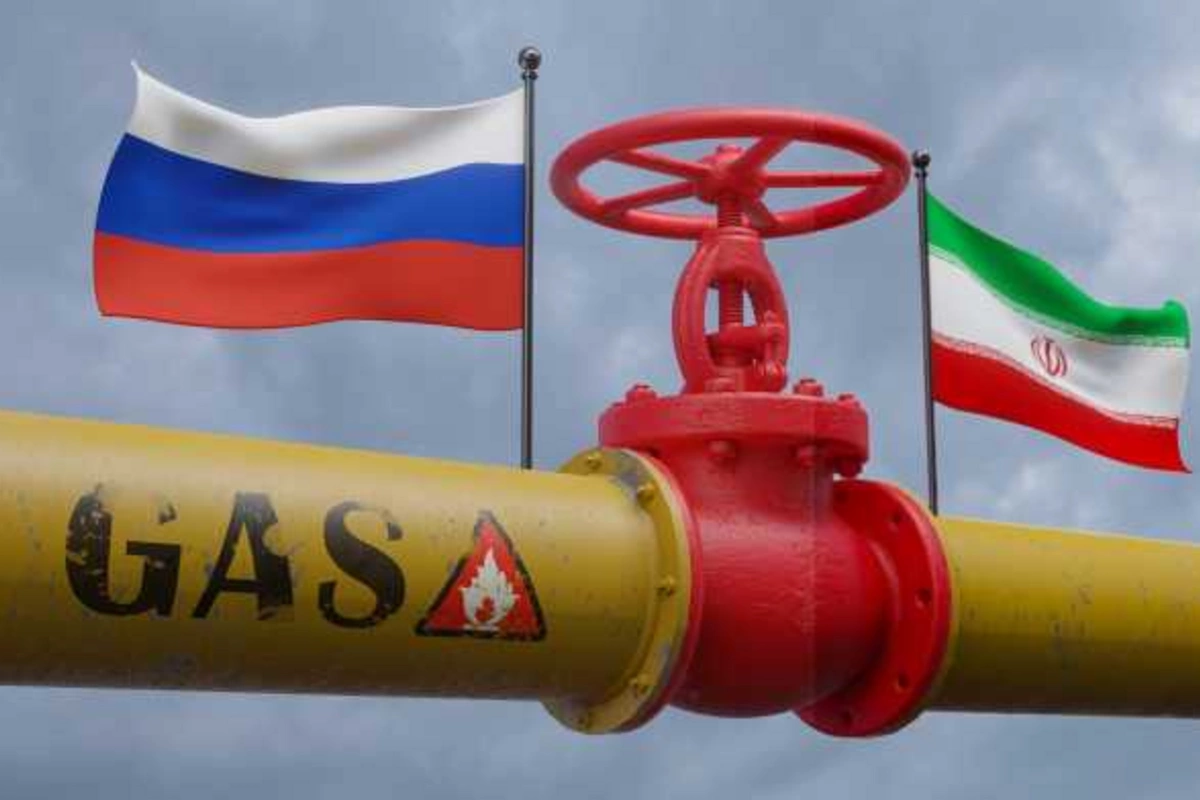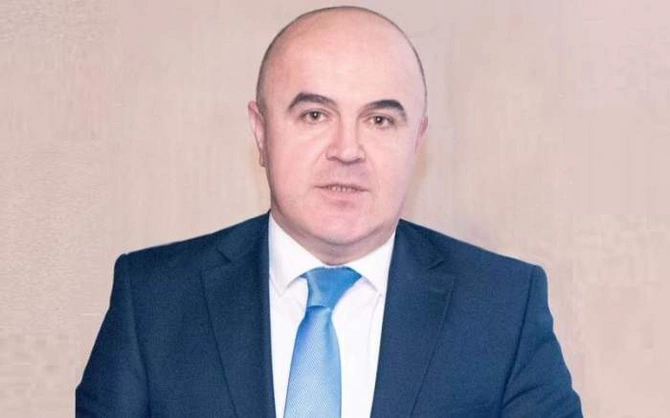
Russia and Iran have reached an agreement on the route of a gas pipeline that will pass through Azerbaijan, with negotiations now in the final stages of determining supply prices. The two nations are also exploring potential joint projects for gas extraction, according to Russia’s Minister of Energy, Sergey Tsivilev.
“The route is agreed-through Azerbaijan. We are now in the final phase of negotiations, focusing on price approval. Volumes have already been fixed. Pricing is always a commercial issue, requiring compromise, which is why working groups from both sides have been established to develop a pricing approach,” the minister explained.
News.az, a Baku-based analytical portal, sought the perspectives of energy experts to explore the implications of this significant agreement between the world's two largest holders of natural gas reserves.

Ilham Shaban, Head of the Center for Petroleum Research, emphasized in an interview with News.az that the Russia-Iran gas deal is primarily political rather than commercial. He described the agreement as a symbolic gesture aimed at sending a clear message to both the West and China.
“The strategic partnership agreement between Russia and Iran signed on January 17 focuses heavily on energy cooperation. Russian President Vladimir Putin highlighted plans for gas exports ranging from 2 bcm to 55 bcm annually. The immediate question is, why start with just 2 bcm? The existing pipeline between Azerbaijan and Iran can only handle this volume. What purpose does this serve when both nations are gas giants? This is a political move rather than a commercial necessity,” Shaban stated.
Shaban pointed out that Iran has faced domestic gas shortages during winter months over the last three years, with 5 bcm being sufficient to cover peak deficits. However, the proposed volumes in this deal far exceed that requirement. He believes this hints at broader ambitions, including leveraging Iran as a transit hub to access markets in Pakistan, India, and beyond.
“To deliver 55 bcm annually, multiple new pipelines must be constructed, requiring billions in investments. Historically, Russia relied on 10 pipelines through Ukraine to transport 160 bcm of gas to Europe. A similar scale of infrastructure would be necessary for this agreement to succeed,” he explained.
According to Shaban, the deal also reflects Russia’s strategic response to diminishing gas exports to Europe due to sanctions. While Moscow has sought to redirect its gas to China, existing pipelines have a limited capacity of 50 bcm annually. Furthermore, China remains cautious about investing in expensive infrastructure and negotiating favorable terms. This deal could serve as a bargaining chip to gain leverage over Beijing while exploring alternative markets.

Baku-based economist Eldeniz Amirov expressed skepticism about the long-term prospects of the Russia-Iran gas agreement. He highlighted Azerbaijan’s strategic position as a natural transit route for Russian gas to Iran, citing both favorable geography and existing infrastructure.
“Choosing Azerbaijan as a transit country makes sense due to its reliability and proximity. However, the broader implications of this deal raise questions. Iran, which has the world’s second-largest gas reserves at over 32 trillion cubic meters, does not appear to need Russian gas for domestic consumption. This raises doubts about the practicality of the agreement,” Amirov remarked.
He added that the deal might be driven by Russia’s desire to maintain export levels amid sanctions rather than genuine economic logic. “It remains unclear how Iran plans to utilize Russian gas. Will it facilitate sanctions evasion or simply serve as a transit route? Without clear answers, the agreement seems unlikely to yield successful outcomes.”
Both experts agree that the Russia-Iran gas deal is less about meeting energy demands and more about showcasing a strategic partnership. While it signals defiance against Western sanctions and explores new market possibilities, significant economic and logistical challenges remain unresolved.
Share on social media